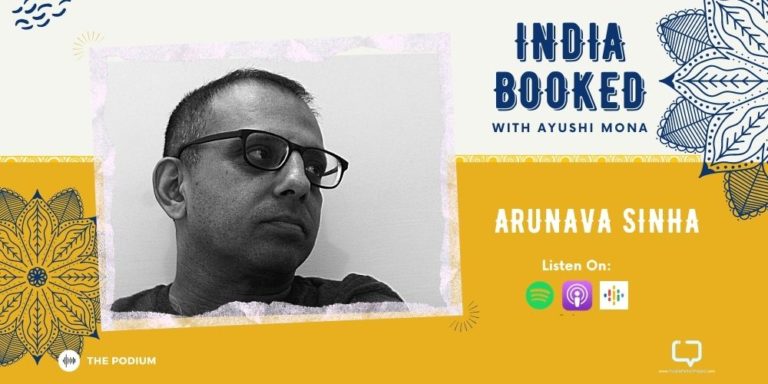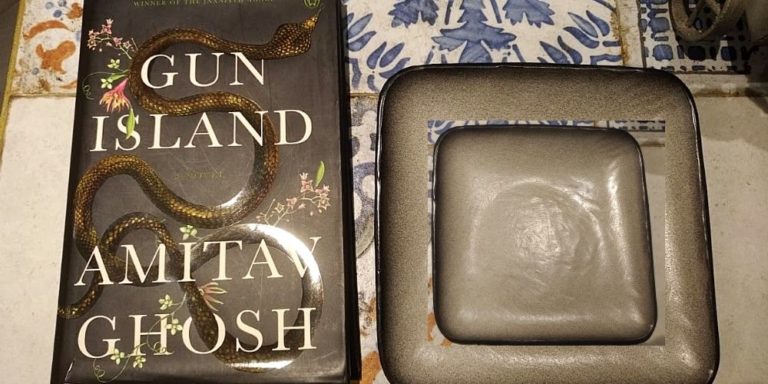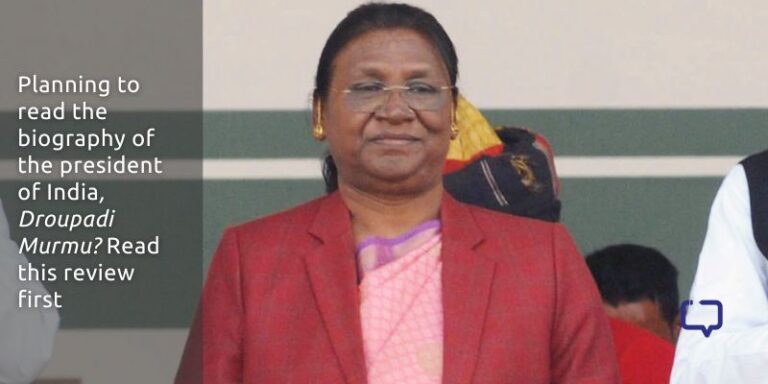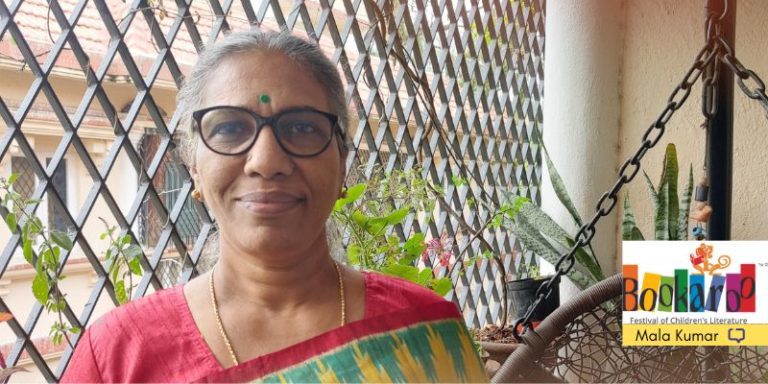Team P3 curates a list of award-winning Southeast Asian authors for your TBR.
Southeast Asia is a region rich in cultural diversity, historical depth, and storytelling traditions. From the evocative Indonesian prose to the poignant Vietnamese poetry, there is much to explore in Southeast Asian culture. Our article today looks at some of these luminaries, shining a spotlight on the award-winning Southeast Asian authors whose words transcend borders and languages.
Each author featured here represents a unique voice in the literary mosaic of Southeast Asia. While their works show profound insights into the complexities of the human experience, they also serve as powerful vehicles for cultural understanding. While we’ve covered many authors, it’s natural we might have missed some. Please comment below if you think we missed someone who deserves a place on our list.
We encourage you to buy books from a local bookstore. If that is not possible, please use the links on the page and support us. Thank you.
List of Southeast Asian Authors
Table of Contents
Tan Twan Eng
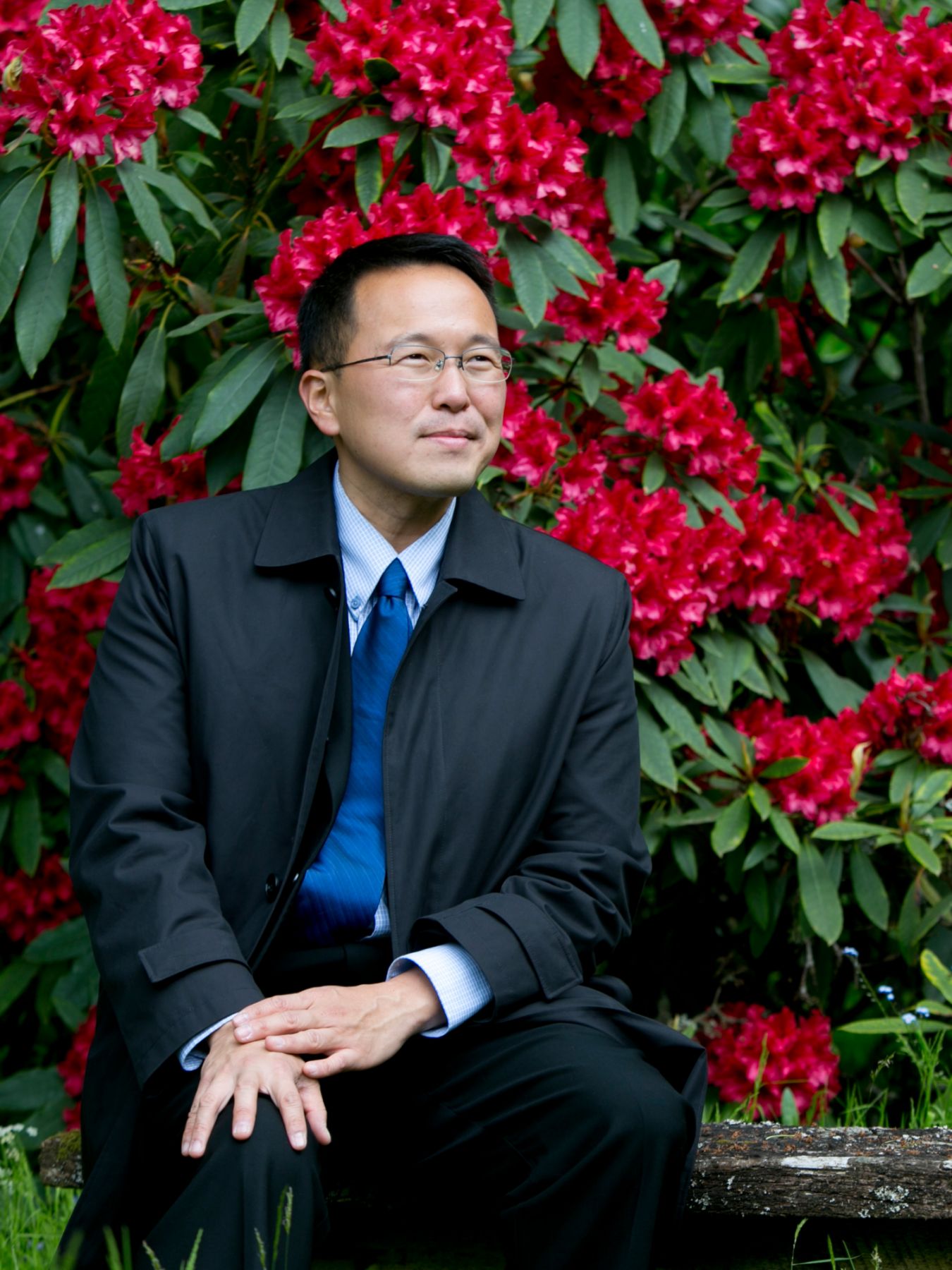
Southeast Asian author Tan Twan Eng, a Malaysian novelist writing in English, garnered international acclaim through his debut novel, The Gift of Rain (2007). Set in Penang during World War II, it was long-listed for the Man Booker Prize. However, his The Garden of Evening Mists (2012) truly brought him literary stardom.
The novel won the prestigious Man Asian Literary Prize and the Walter Scott Prize for Historical Fiction while being shortlisted for the Man Booker Prize. Notably, Tan became the first Malaysian author to achieve this trifecta of recognition. His novels usually contain themes of historical depth, cultural nuances, and stunning storytelling.
Bi Feiyu

Southeast Asian author Bi Feiyu is a Chinese writer known for his exploration of the female psyche. His name, Feiyu, translates to “one who flies across the universe,” and his literary career has been just that. His novel “Three Sisters” (玉米, 玉秀, 玉秧), translated by Howard Goldblatt, clinched the 2010 Man Asian Literary Prize. It follows the lives of three women and their experiences.
His novel Massage got him the 2011 Mao Dun Prize, China’s highest national literary honor. Bi Feiyu’s literary career extends beyond novels. He also penned the screenplay for Zhang Yimou’s 1996 film “Shanghai Triad”. He vividly creates human portraits with his words, capturing emotions and relationships. The French Ministry of Culture bestowed upon him the Ordre des Arts et des Lettres in 2017.
Viet Thanh Nguyen

Southeast Asian author Viet Thanh Nguyen is a Vietnamese-American professor and novelist who holds the Aerol Arnold Chair of English and is a Professor of English and American Studies and Ethnicity at the University of Southern California.
His debut novel, “The Sympathizer”, was critically acclaimed and won several prestigious awards, including the 2016 Pulitzer Prize for Fiction. The novel explores the complexities of identity, loyalty, and betrayal during the Vietnam War. Through the eyes of a conflicted double agent, Nguyen goes into the psychological and moral dilemmas of those caught between opposing forces. He’s also a MacArthur Genius Grant recipient and a Guggenheim Fellow. He’s a regular op-ed columnist for The New York Times, writing on immigration, refugees, politics, culture, and Southeast Asia.
Shin Kyung-sook

Southeast Asian author Shin Kyung-sook, a South Korean writer, holds the distinction of being the first South Korean woman to win the prestigious Man Asian Literary Prize in 2012 for her novel “Please Look After Mother”. Her literary journey began in 1985 with the novella “Winter’s Fable”.
Alongside fellow writers Kim Insuk and Gong Ji-young, she belongs to the group known as the “386 Generation”. Her works have gotten numerous accolades, including the Yi Sang Literary Award and the Manhae Literature Prize. Her million-copy bestseller, “Please Look After Mother”, has been translated into multiple languages.
Pramoedya Ananta Toer

Southeast Asian author Pramoedya Ananta Toer was an Indonesian novelist whose literary journey saw various historical epochs: the Dutch colonial era, Indonesia’s struggle for independence, the Japanese occupation during World War II, and the post-colonial authoritarian regimes of Sukarno and Suharto. His works combine personal and national narratives. Despite facing censorship during the pre-Reformasi era in Indonesia, he got international recognition.
He endured imprisonment by both Dutch authorities during the War of Independence and later by Suharto’s regime on Buru Island, where he composed his magnum opus, the Buru Quartet. Denied writing materials, he orally shared the story with fellow prisoners. Pramoedya’s writing subtly critiqued colonialism, racism, and corruption.
His commitment to human rights and freedom of expression makes him a symbol of resilience and defiance against oppressive regimes. He won several awards throughout his career, including the Ramon Magsaysay Award for Journalism, Literature, and Creative Communication Arts and the 11th Fukuoka Asian Culture Prize.
Nguyễn Phan Quế Mai

Southeast Asian author Nguyễn Phan Quế Mai, a Vietnamese poet and novelist, has authored several books spanning poetry, fiction, and non-fiction in both Vietnamese and English. Her literary journey began with Vietnamese poetry, getting her accolades like the Poetry of the Year 2010 Award from the Hanoi Writers Association. Her debut novel, “The Mountains Sing”, brought her international acclaim. The fictional family saga sheds light on rarely documented historical events of the 20th century.
The novel was a runner-up for the 2021 Dayton Literary Peace Prize and winner of other prestigious awards. Quế Mai’s writing, translated into twenty languages, has been featured in major publications like the New York Times. She holds a PhD in Creative Writing from Lancaster University and was named one of Forbes Vietnam’s 20 inspiring women of 2021. Her second English novel, “Dust Child”, continues her exploration of untold Vietnamese stories, focusing on Amerasian children born to Vietnamese mothers and American military fathers.
Kien Nguyen
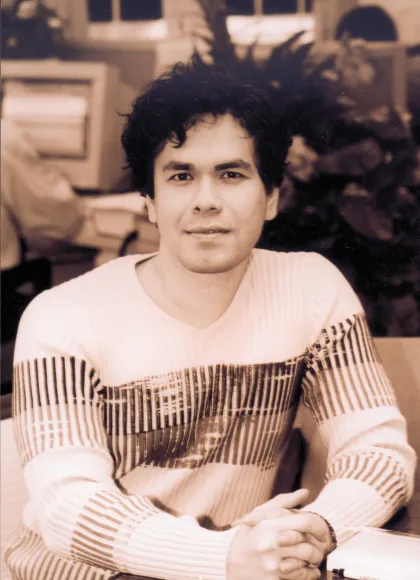
Southeast Asian author Kien Nguyen, a Vietnamese writer, has a mixed-race background for which he had to leave Vietnam for the United States. His memoir, The Unwanted, recounts his journey through his challenging life. Nguyen has also penned two other books: “The Tapestries” and “Le Colonial”. His writing, which got him the Grinzane Cavour Prize, contains resilience, identity, and the complexities of belonging and his unique perspective and storytelling translate his experiences into words.
Pira Sudham

Southeast Asian author Pira Sudham, a Thai author, has prolifically written short stories, poems, and novels in English. His literary works, particularly Monsoon Country (which led to his nomination for the Nobel Prize in Literature) and its sequel The Force of Karma, show social and political transitions in Thailand. These novels involve prominent European personalities and cover events like the massacre of pro-democracy activists in 1973 and the killing of protesters in Bangkok in 1992. Sudham’s short stories contain issues like deforestation, child trade, prostitution, and pollution.
Rattawut Lapcharoensap

Southeast Asian author Rattawut Lapcharoensap, a Thai American short story writer, rose to prominence with his collection of short stories titled Sightseeing, which offers a glimpse into the lives of contemporary Thai characters. He holds an MFA in creative writing from the University of Michigan and his work explores themes of cultural identity, displacement, and the human condition. The film How to Win at Checkers (Every Time) was inspired by two stories in his collection: “At the Café Lovely” and “Draft Day.” In 2006, the National Book Foundation recognized him as a 5 under 35 honoree.
Laksmi Pamuntjak

Southeast Asian author Laksmi Pamuntjak, a versatile Indonesian novelist, poet, journalist, and food critic based in Jakarta, has received numerous accolades. In 2016, she got the LiBeraturpreis for the German translation of her debut novel, Amba (also known as The Question of Red).
The following year, her second novel, Aruna dan Lidahnya, was adapted into a movie that garnered two prizes at the Festival Film Indonesia. Her third novel, Fall Baby, secured the Singapore Book Award for Best Literary Work. Beyond fiction, Pamuntjak’s pen talks of culture and politics. She has written for publications like the Jakarta Post, South China Morning Post, and The Guardian.









